By shutting down eShops, Nintendo once again stymied video game heritage
When Nintendo announced that it would be shutting down the eShop for the 3DS and Wii U in 2023, my reaction was simple: Of course it would. This development isn’t a huge surprise — after all, it wasn’t long ago that PlayStation announced its decision to shut down digital storefronts for PS3 and PS Vita (though that decision was eventually overturned). Companies do what the company wants, they want mainly to make money and avoid waste. So of course Nintendo is closing down two of its older eShops. They have no money. But for the rest of us, that sucks, right? My initial reaction was resignation, but after talking to my partner, my feelings quickly turned to depression due to what we were about to lose.
My partner is kicking Fire Emblem at the moment. In fact, they only really got into the series starting with Three Rooms, and now they’re delving into 3DS games. But after the eShop closes next year, Fire Emblem Fates: Revelation, the ultimate solution to birthright and conquest, will essentially be unplayable unless you’re willing to spend hundreds of dollars on eBay for the very hard-to-find physical edition. Our common Anger reminds me of all the other digital-only games on the eShop, like Attack of the Friday Monsters or Pushmo. Hell, even Pokemon Yellow won’t be legal to play again without a physical copy.
So many games could lose their legal status because of Nintendo’s decision, just because that’s business. It’s clear that the company isn’t interested in making these games easily accessible either, since in the initial Q&A it posted about the shutdown, Nintendo addressed players’ concerns by basically saying it wasn’t obligated to make these games available. Unfortunately, this is true.
Iain Simons, author and part-time curator at the UK’s National Video Games Museum, told GameSpot: “In terms of financial responsibility to shareholders, they probably don’t have a responsibility to provide these games. So why should they? As their statement says , which is part of the ‘natural life cycle’ – everything has to pass and the game dies.”
As Simmons pointed out to me, it’s not just money that gets in the way. Games are in an odd position in terms of cultural identity and don’t really manage to convince those who don’t play them that they’re an art form worth spending time on. Mediums like movies have Oscars, and the institution – while far from perfect – is still doing a better job of presenting the form as art than something like the Game Awards, which unfortunately are more like It’s an E3 press conference, not an awards-focused show.
There are other complexities when it comes to preserving games, such as the way platforms often change; the materials used to make games, such as metals and plastics, are degrading; and copyright issues. All of this makes it incredibly difficult to understand games from a cultural perspective.
“From a conservation standpoint, you immediately realize after an hour that it’s a huge problem that requires a lot of resources and coordination to make it work,” Simmons said.
Some people are trying to preserve as much video game history as possible, albeit a huge job. But in doing this work, there is also a great deal of anger. The Video Game History Foundation is one of the most prominent organizations dedicated to preserving the history of video games. Its statement about shutting down the 3DS and Wii U eShops acknowledged the business side, but criticized Nintendo’s other actions.
“As a paying member of the Entertainment Software Association, Nintendo has actively funded lobbying to prevent libraries from providing legal access to these games,” wrote VGHF. “Not providing commercial access is understandable, but preventing agencies from working to protect these games is an active disruption of video game history.”
VGHF refers to the fact that ESA (the most famous E3 organizer) has been actively lobbying against making games available in public libraries. In 2017, the Oakland Museum of Art and Digital Entertainment (MADE) asked the US Copyright Office to exempt the Digital Millennium Copyright Act to protect MMOs that its publishers no longer support. Then in 2018, ESA filed a denial request with MADE, stating that “video game publishers have a strong financial incentive to protect their games.” Thankfully, MADE succeeded and was granted a copyright exemption, but only if the assets are owned by intellectual property Legal transfer by property owner. So if a company stops the MMO, it has the option to turn over the game assets to conservationists. But even the limited ability to save defunct games may not be possible, especially when we can’t even guarantee the safety of the video game source code.
The source code for the original Kingdom Hearts has been infamously lost, so it’s a blessing that the game is even playable on modern consoles. And “blessing” is an understatement. Assets must be recreated for a remake of the game, and if Square Enix doesn’t think it’s worth it, the only legal way to play the game is through the PS2 version.
However, according to Damian Rogers of the Game Preservation Society, it’s likely that at least some of the game’s source code on the Nintendo eShop will be preserved. “We can also be fairly certain that games are also safe internally due to modern development practices and more foresight from developers, although we do want Nintendo and all game publishers to be more transparent about these details of internal preservation work,” Rogers said.
Transparency is one of the biggest issues here, certainly for a company like Nintendo. With renewed interest in Fire Emblem, Nintendo may be working on some sort of port or remake of at least one 3DS game in the series, so they may not be out of circulation indefinitely. But that doesn’t make up for the fact that all the other games didn’t enjoy the sudden, unexpected resurgence that will go away with the eShop shutting down.
Sure, there are ROM sites, but Nintendo has been constantly taking down these sites, and legal cases have ended up requiring their owners to pay millions of dollars. But in many cases, these sites have done more than Nintendo to preserve old games — think Mother 3, which was only playable in English due to fan localization. But if a company like Nintendo has no interest in buying its older games on its digital storefronts or on preservationists and historians, then no one can legally do it. So we have a situation where these games are not publicly and commercially available. “But, in the end, these [eShops] commercial stores and not public archives,” James Newman said.
In addition to being a research professor at Bath Spa University, Newman also works for the UK’s National Video Games Museum. Like me, he recognizes how digital sales and streaming prevent saving. “An important shift to note here is that the shift to digital distribution, subscriptions and streaming has brought about a change in the way we as consumers access our media. We no longer buy movies, albums, or play in the exact same way game, but we’ll pay to access it while it’s part of the catalog, as long as we continue to subscribe.
“This has a potentially huge impact on our ability to see, listen and play, and our ability to pass on our media collections to future generations, whether it’s through family and friends, or donating to museums and archives.”
This aspect of delivering media resonated with me. Being able to easily share a game with someone just by giving them a copy is a special act. Lending your friend a DVD is a welcome public act, and the idea of one day playing one of my favorite games with my own kids felt like an opportunity to pass on something funnier than my genes s things.
There is not much that an individual can do. But Newman does explain that people can help preserve work, even if it’s not direct preservation—that is, simply documenting the existence of these works. Documentation and records that help understand where games fit in the cultural conversation are an important part of the process. “People tend to think of game saving as a software project related to extracting data and simulating legacy or outdated systems,” he said. “But game preservation is also a documentary project.
“Being able to play a game like Super Mario Maker in the future will reveal and show how Nintendo has gamified game making and focused on placing and arranging tiles, but to really understand the complex implications of this game, we also want to see player design of levels, and all the videos of people building levels and reacting as they try to complete sometimes extremely complex and intricate puzzles that people have designed.”
Newman is right – recording games through walkthroughs, let’s play, streaming, etc., all count. But that’s not enough. While companies are more likely to better secure their source code, there’s no guarantee they do. If Nintendo continues to successfully shut down the ROM site, it will affect not only its own library of games, but games from other platforms hosted on the same site.
As a company that makes so many great games, Nintendo is rightfully loved. But like many other publishers, it’s also a legitimate goal of the company not wanting you to know about its rich history. When companies like Nintendo and organizations like ESA often have the primary say in how games should be delivered, we’re in a situation where we can’t win. So the main thing we’re probably doing at the moment is following Newman’s advice and documenting these games, or at best looking into ways we can help groups like the Video Game History Foundation. Because as long as the bottom line doesn’t provide an incentive to do so, publishers obviously won’t do the work.
Find more articles in our categories Gaming & News ou encore Anime.
Thanks for visiting we hope our article By shutting down eShops, Nintendo once again stymied video game heritage
, we invite you to share the article on Facebook, pinterest and whatsapp with the hashtag ☑️ #shutting #eShops #Nintendo #stymied #video #game #heritage ☑️!

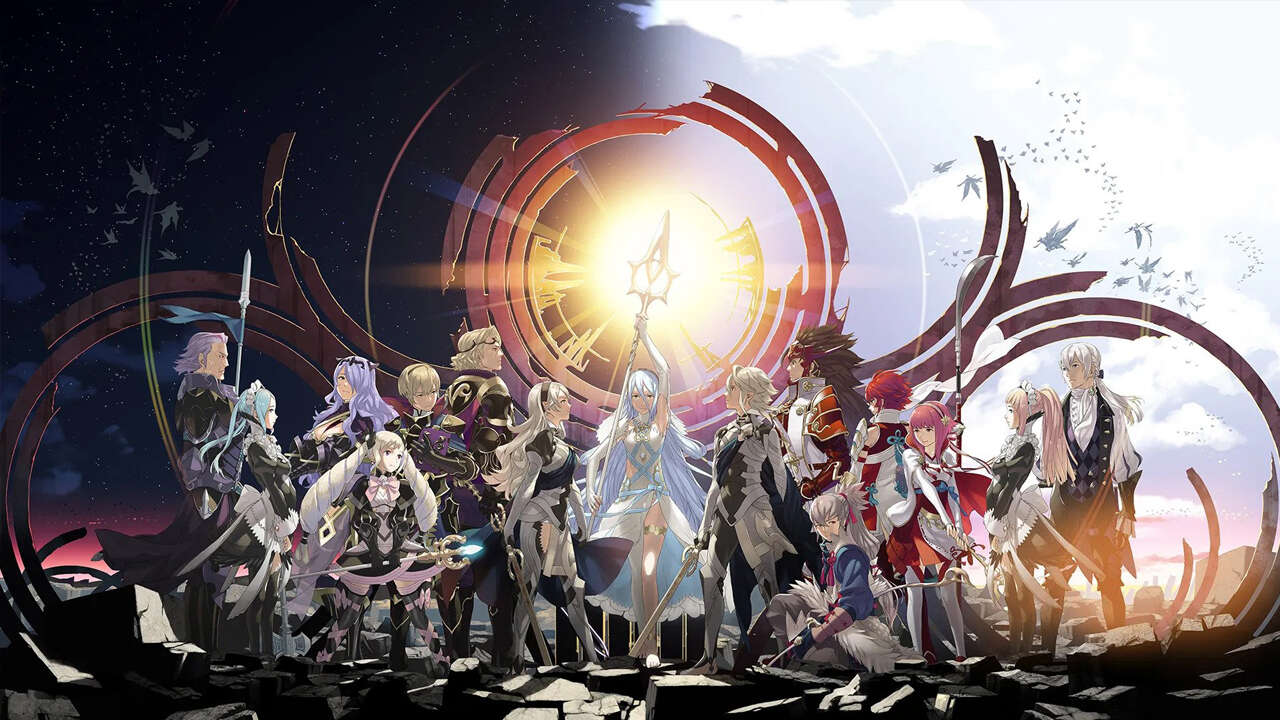
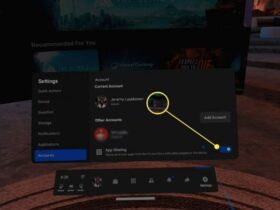
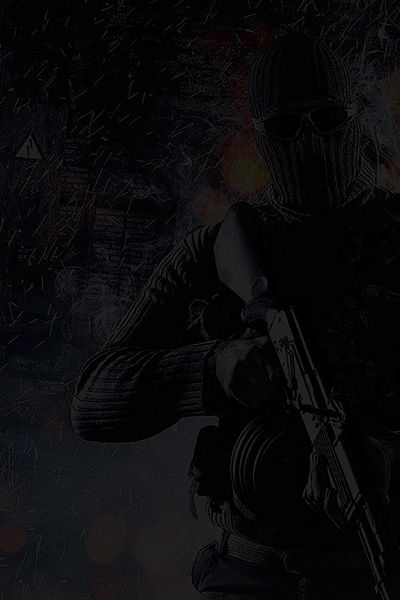
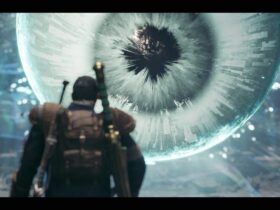
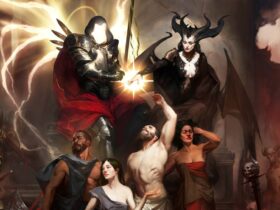

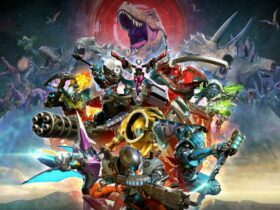
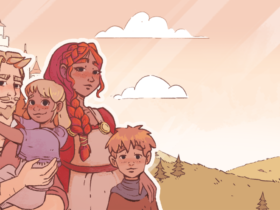

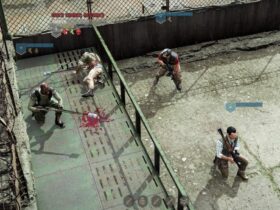
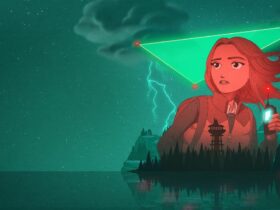
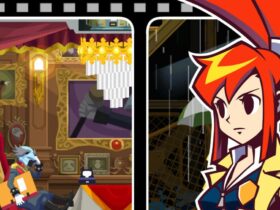

Leave a Review